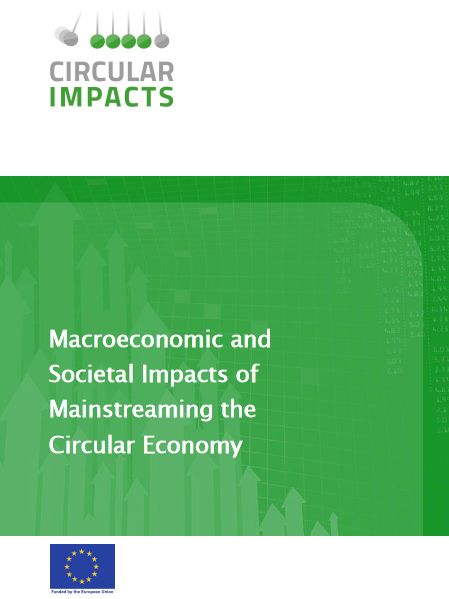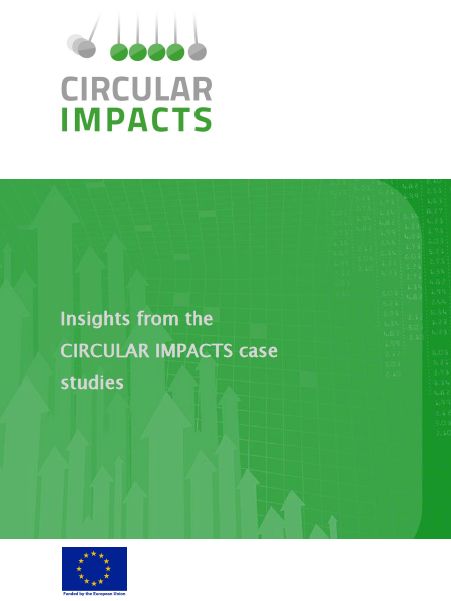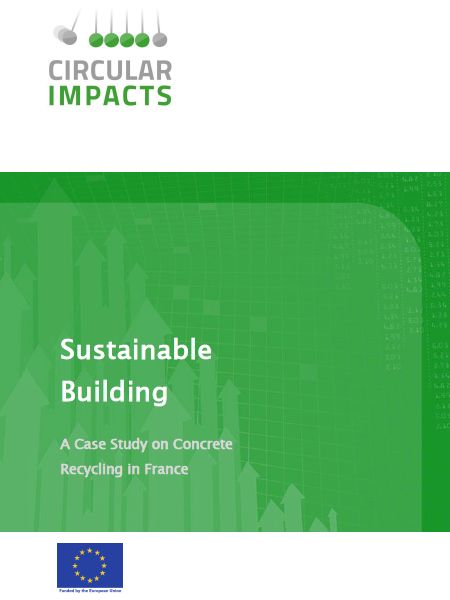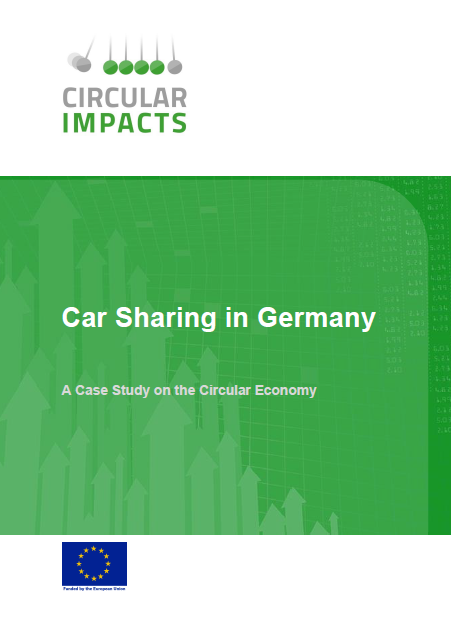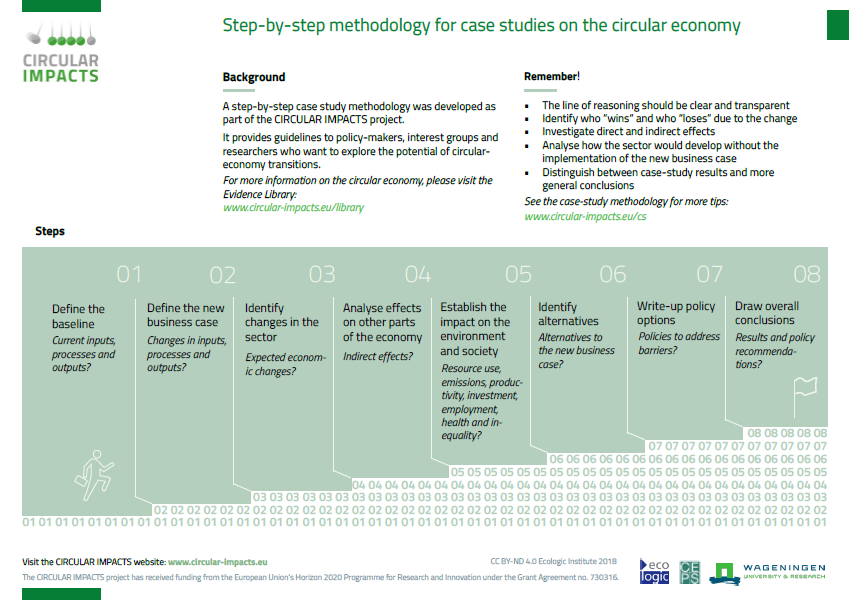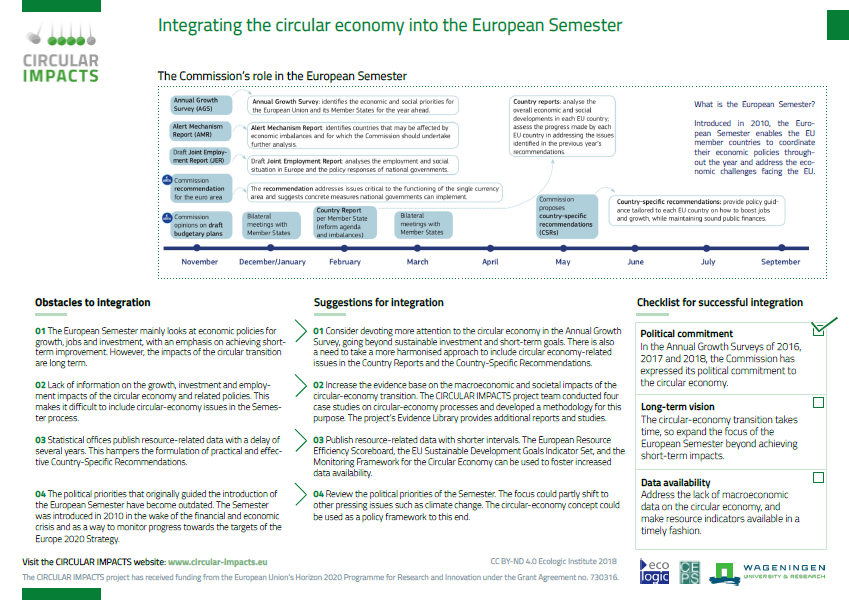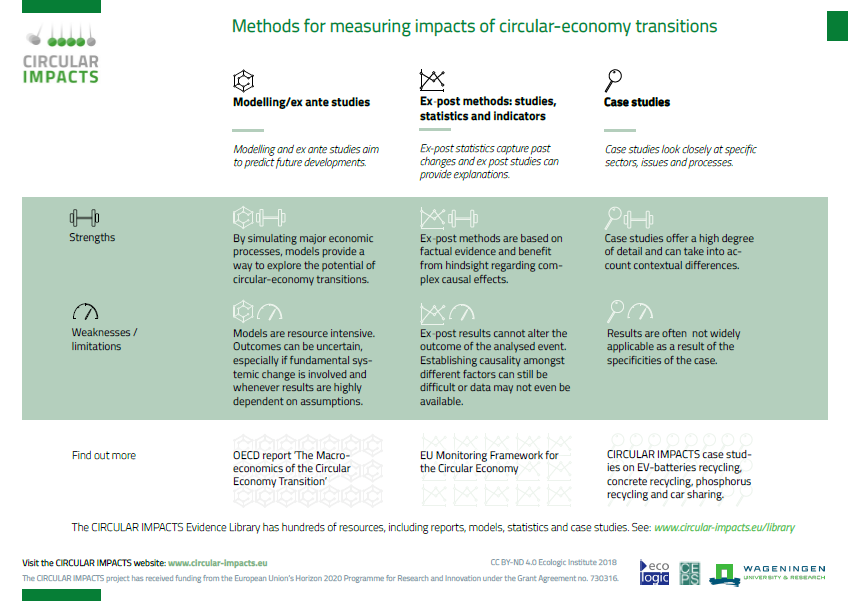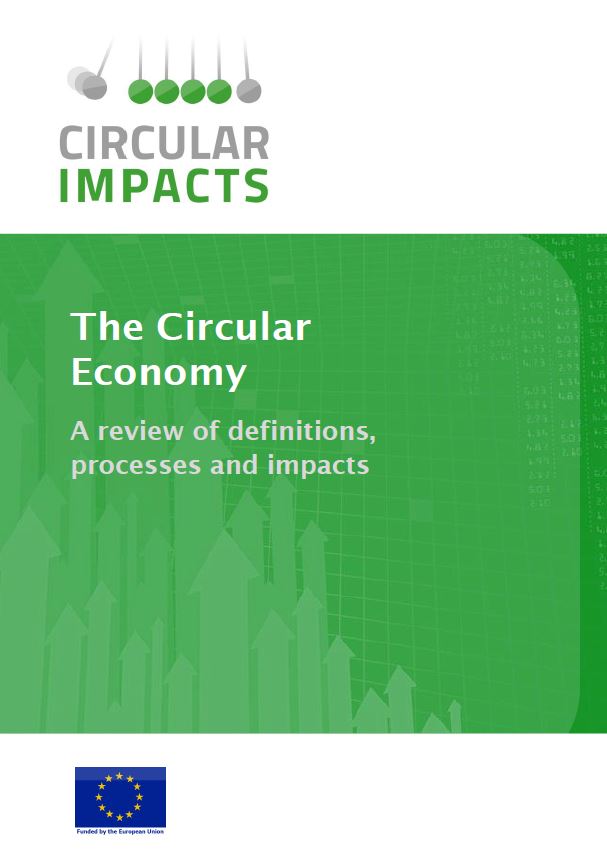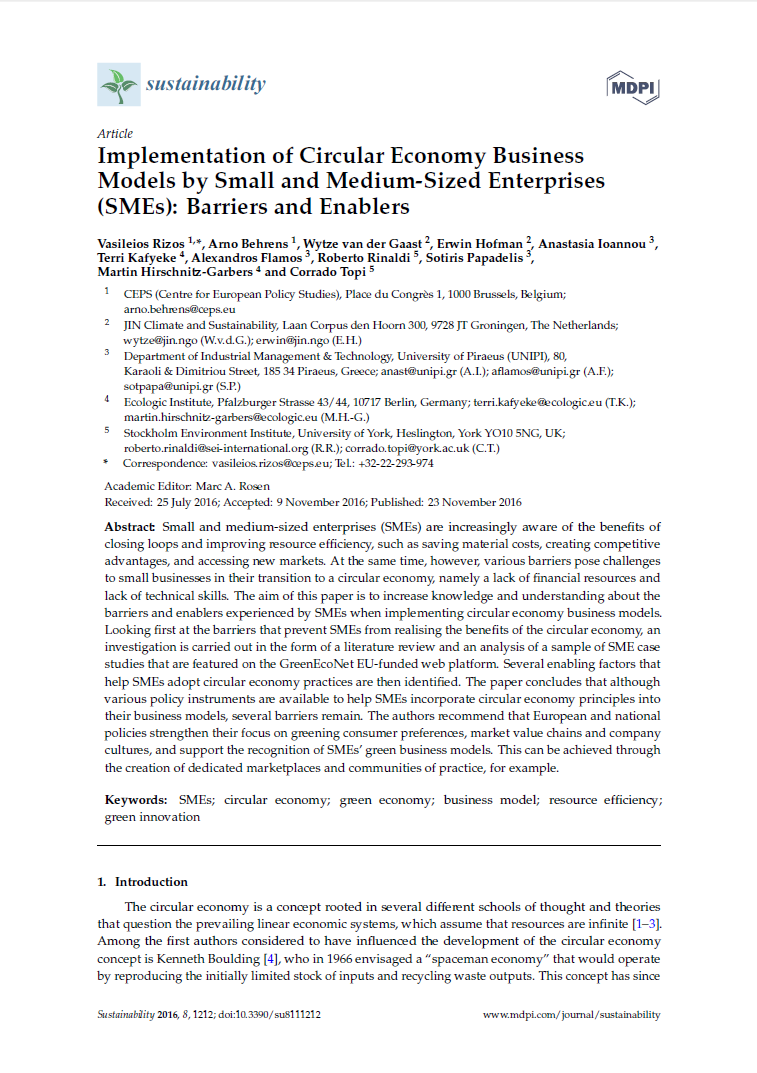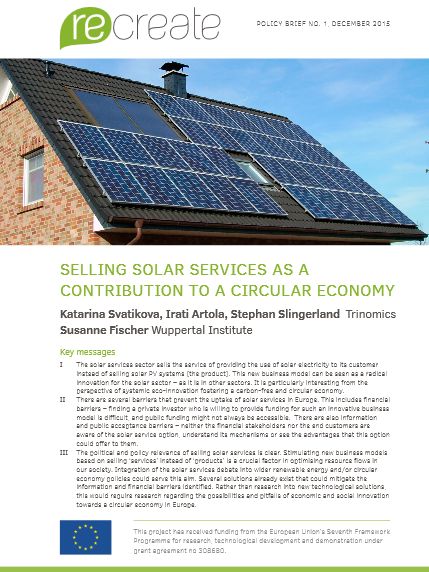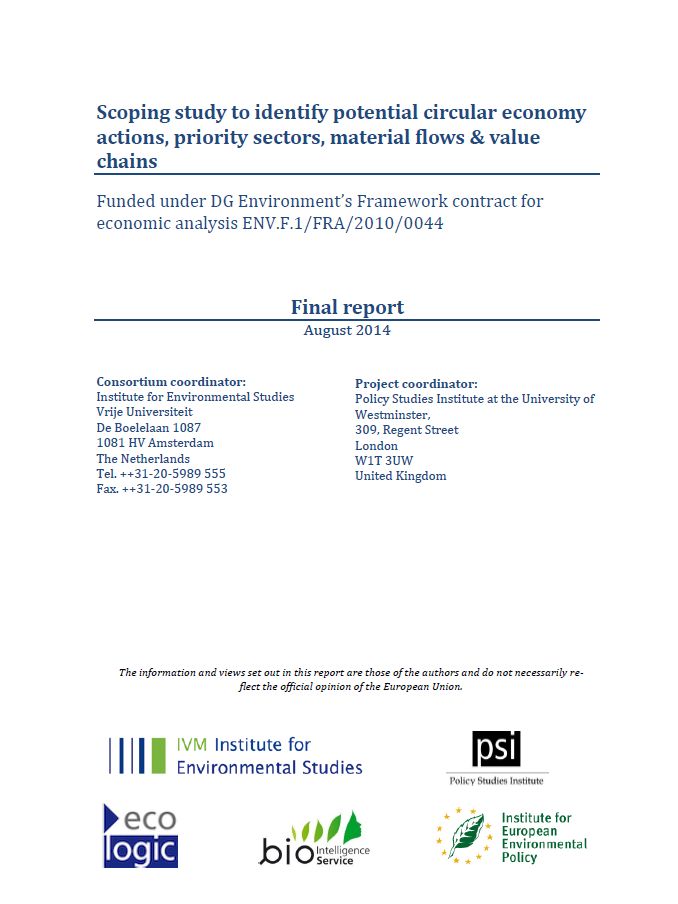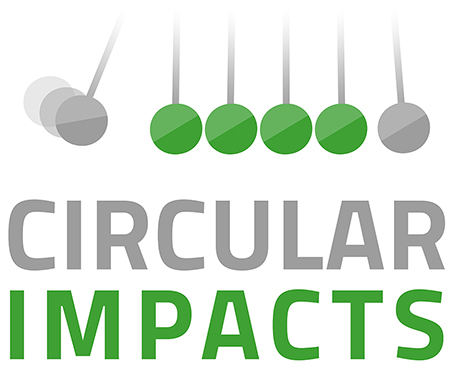
The workshop "Car sharing in Germany" took place on 8 March 2018, hosted in Berlin by Ecologic Institute. Marius Hasenheit, Researcher at Ecologic Institute, co-organised the workshop as part of the CIRCULAR IMPACTS project and in collaboration with Service Innovation Labs, a business consultancy.
The use of carsharing has grown dramatically, enabled by technological changes such as GPS and internet-enabled smartphones. Further growth of the sector will have important implications for urban mobility patterns, the automobile industry and use of public transit. Workshop participants discussed these and other potential economic, social and environmental impacts related to expected increases in car sharing in Germany. The expert workshop brought together academics, consultants and representatives from the car sharing industry and other stakeholders.
The first part of the workshop addressed the current state of affairs of carsharing in Germany, confirming the dynamic nature of the industry and the difficulties involved in assessing its size and effects. The second portion of the workshop focused more on future developments as well as the importance of policy for a societal transition away from privately owned vehicles.
As part of its CIRCULAR IMPACTS work on the circular economy, Ecologic Institute is carrying out a case study on car sharing in Germany. Findings from the case study will improve our understanding of the dynamics and effects of a transition to a more circular economy. Throughout the workshop, participants discussed the Ecologic Institute case study, with a focus on the identifying the latest statistics available and how best to address the high degree of uncertainty regarding how this rapidly evolving industry will develop in the context of ongoing technological, political and economic changes.
The case study will be finalised at the end of April and integrated with three other case studies carried out within the CIRCULAR IMPACTS project. Those case studies focus respectively on recycled concrete; phosphorus re-use; and recovering the critical raw materials contained in the batteries of electric vehicles. Together, these case studies will help improve our understanding of how circular-economy related developments can be analysed quantitatively, better understood in terms of their implications and effectively supported by policy.




